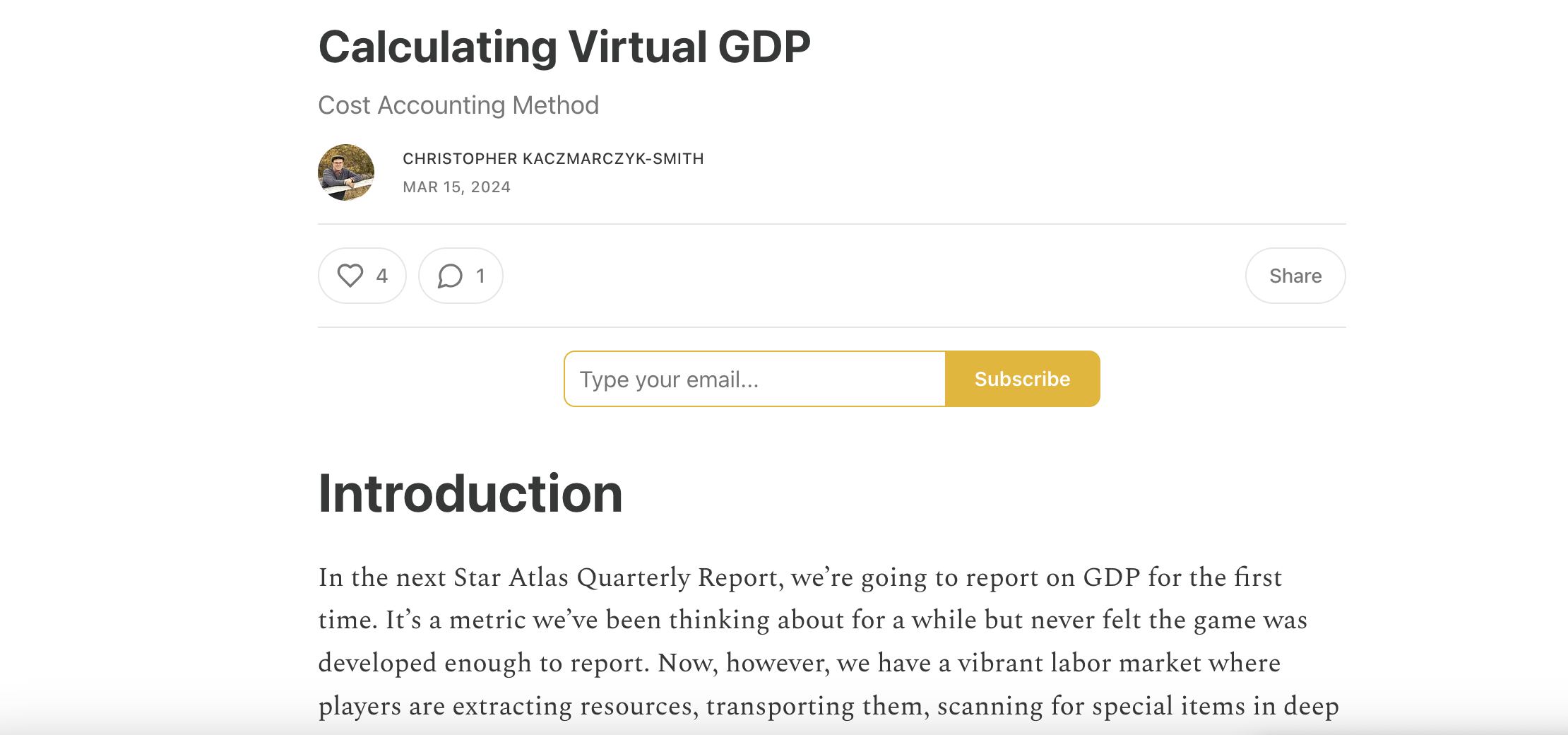The NFT industry in Germany is expected to grow by 46.0% on an annual basis to reach US$1109.4 million in 2022.
The NFT industry is expected to grow steadily over the forecast period, recording a CAGR of 33.4% during 2022-2028. The NFT Spend Value in the country will increase from US$1109.4 million in 2022 to reach US$5706.6 million by 2028.
Globally, the NFT market is booming since NFTs are an innovation that establishes property rights in the digital zone for the first time, and this uniqueness is driving the value of NFTs and hence, the market.
In Germany, NFTs are mainly used in digital trading cards, game characters, virtual lands in virtual worlds, or crypto art. As per a novel crypto exchange aggregator, Coincub, Germany had outrun Singapore as the most crypto-friendly country. Germany adopted blockchain technology long back in 2019, boosting digital transformation. This further made the country an attractive hub for developing blockchain, NFT, Web3, and metaverse applications which are further leveraged in fintech, climate tech, and businesses, including Germany’s digital identities project.
Since the country started to allow crypto investments in long-term domestic savings, the country turned out to be the most suitable for crypto investments. Therefore, the publisher anticipates that in a country such as Germany, where the government’s policies are smart and sharp and are much ahead of time, the country is likely to witness substantial growth over the next three to four years.
German companies such as About You, SAP, BrainBot, BigchainDB, and many others have been developing NFT, Metaverse, Web3, and crypto payment applications in e-commerce platforms. To fund these upcoming new technologies, a New York-based ETF sponsor focused on innovative thematic funds, Roundhill Investments, introduced the Roundhill Ball Metaverse UCITS ETF on the Deutsche Borse Xetra in March 2022. This is Germany’s first metaverse exchange-traded fund.
Thus, it can be inferred that these developments have enabled Germany to adopt and utilize the NFT market in various businesses and organizations in the country. Further, various blockchain start-ups had established in Germany’s crypto capital of Berlin, boosting the NFT and allied new markets.
The publisher projects that over the next four to eight quarters, the country with a regulatory framework facilitating crypto investments is likely to see significant new start-ups and established businesses plunge into the NFT space to drive growth in business.
The main technology behind most NFTs is Ethereum cryptocurrency’s blockchain, a distributed public ledger that records transactions. People are interested in crypto trading and like to collect artworks by NFTs. Germany was ranked as one of the European countries that saw high cryptocurrency adoption in Q1 2022 as Coinclub, an online portal for coin collectors. A Few drivers in the NFT market provide impetus to the NFT market in Germany.
Of all the EU countries, Germany enables the user to invest in crypto for long-term domestic savings. Its zero-tax policy supports long-term capital gains from crypto investments. Therefore, it states clearly that these pro-government regulations provided momentum to the NFT adoption in the country.
Germany was the first country to adopt blockchain technology and harness it to advance digital transformation in 2019. , At the end of January 2021, Germany’s second-largest stock exchange, Boerse Stuttgart Group, officially introduced its crypto-trading app Bison, which enables free-of-charge trading in Bitcoin (BTC), Ethereum (ETH), Litecoin (LTC), and Ripple (XRP).
Therefore, early adoption of this technology helped develop NFTs, Web3, and metaverse applications in fintech, climate tech, and business in Germany. Additionally, various companies in Germany started developing NFT, Metaverse, Web3, and crypto payment applications leveraging this technology.
When a person buys an NFT, they gain ownership of the content. However, when it is made public, its value will keep increasing the more it is viewed on the internet. Thus, this is an ongoing source of revenue for the original creator as popular digital assets are bought and sold over time. Artists are entering the NFT space with mutations of their artworks in the country to earn revenue





All Comments